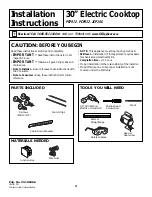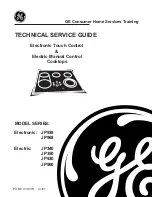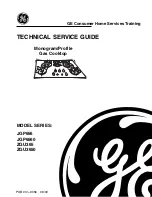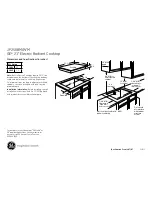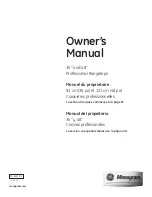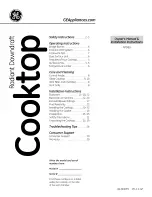
196
Fig. 8.2
B
C
1/2” gaz conique
B
A
D
A
Fig. 8.3
NL
ES
The fitting (fig. 8.2) is made up of:
A
- Gas train terminal fitting (rh or lh)
B
- Gasket
C
- Conical connector
A)
GAS CONNECTION
Cat:
II
2L 3B/P
The gases used for the operation of
cooking appliances may be grouped by
their characteristics into two types:
✓
G25
✓
G30 / G31
NL
The fitting (fig. 8.3) is made up of:
A
- Gas train terminal fitting (rh or lh)
B
- Gasket
D
- Hose connector for G30 / G31
B)
GAS CONNECTION
Cat:
II
2H3+
The gases used for the operation of
cooking appliances may be grouped by
their characteristics into two types:
✓
G20
✓
G30 / G31
ES
Use rigid or flexible connection pipes
which comply with applicable regula-
tions.
If compression fittings are used, tighten
firmly using two spanners (fig. 8.5b).
In particular, make sure that:
– the flexible hose does not come into
contact with any parts of the cooker
with surface temperatures in excess
of 70˚K;
– the flexible hose does not exceed 75 cm
in length and does not come into con-
tact with sharp edges or corners;
– the hose is not under tension or twist-
ed and is not kinked or too tightly
bent;
– the connection with rigid metal pipes
should not cause stresses to the gas
ramp.
– we advise replacing the gasket on the
slightest sign of deformation or imper-
fection.
– the hose can easily be inspected
along its entire length to check its
condition; hoses should replaced
after a maximum of three years.
– the cylinder cock or the supply cock
immediately ahead of the appliance is
closed whenever the cooker is not in
use.
Summary of Contents for MF-106
Page 162: ...162...
























